By: Dr. Manal Ghazzzawi
Diabetes mellitus (DM) is a global health catastrophe that affects how the body processes sugar due to either lack of the hormone insulin or issues that makes the body resistant to the action of insulin. Insulin is the hormone in our body that stores excess glucose to glycogen and helps the cells of our body absorb glucose for energy.
DM leads to devastating complications like stroke, heart issues, amputation, blindness etc, if left untreated or unattended to.
People with diabetes who live a normal life have a full-time job to ensure their sugar level remains stable. But in as much as such affected persons try endlessly to prevent sugar levels from escalating, they must also work so hard to prevent sugar levels not to go too low to prevent complications like coma.
People in Africa face lots of difficulties in terms of accessibility to diabetes care. Marginalised communities are unaware of DM and its consequences, and they must pay out of pocket for their drugs and continuity of care.
In a country like Sierra Leone, most tertiary and secondary facilities are clustered in the city, leaving villagers accessing health care at community health centres which lack the necessary expertise to manage and prevent DM. Unfortunately, many Africans are diagnosed late after complications have already set in.
There are about 4 types of DM: Type 1, which is insulin dependent DM; Type 2, which is non-insulin dependent DM; Type 3, which is DM affecting women during pregnancy; and Type 4, which is DM due to drugs and other diseases affecting the pancreas.
Burden of DM in the Africa region
According to the International Diabetes Federation (IDF), the Africa region represents the highest proportion with undiagnosed DM, with 60% of its adults having it without knowing about their condition.
Below is a concise representation of types 1 & 2 diabetes in Africa and projections of prevalence of diagnosed and undiagnosed diabetes by 2030/2045, as well as projected government health expenditure by 2030/2045.
In summary, it is estimated in 2019 that 19 million people were living with diabetes in Sub-Saharan Africa (SSA) and this figure was expected to skyrocket to 47 million by 2045. Among those with undiagnosed DM, 12 million people have diabetes unknowing to them and 366,200 people in Africa die because of DM.
The 8th edition of the Diabetes Atlas report estimates that 77% of all diabetes related deaths worldwide occur in SSA, in people under 60 years of age (IDF atlas 2017).
This information is quite a bit alarming, but the good news is, diabetes is a preventable disease if we adopt healthy lifestyle behaviours.
A systematic analysis on prevalence and sub-regional distribution of undiagnosed diabetes mellitus among adults in African countries reveal that West Africa has the highest burden of undiagnosed DM. Nigeria represents the top five countries in Africa with high prevalence of DM.
In Sierra Leone, inadequate data makes it difficult to ascertain national prevalence of DM.
It is inevitable that uncontrolled endemic and epidemic diseases affecting a nation can extremely place health expenditure burden on governments, especially with our fragile health system in Africa.
According to IDF 2019, government expenditure on health due to diabetes is US$10 billion and is projected to increase up to US$17 billion by 2045.
What could be the cause for the time-ticking-diabetes-bomb that awaits us?
DM is characterized as one of the leading non-communicable diseases (NCDs) in Africa. DM itself leads to increased risk of leading causes of communicable diseases like Human Immunodeficiency Virus (HIV), Tuberculosis (TB), viral hepatitis, pneumonia and Covid-19 infections (Davies K et al., 2020).
Food stuff like these increase the risk of diabetes. Image source unknown
Plausible reasons for the increasing prevalence of DM in Africa are due to common chronic communicable diseases on the continent, which cause inflammatory conditions, leading to organ dysfunction and damage. Even some drugs used to treat, for instance, HIV and TB, could also lead to DM (Davies K et al., 2020).
In addition, obesity appears to be a major issue among urban women aged 15–49 years, as demonstrated from the results of demographic and health survey from 24 African countries (Neupane S et.al, 2016). These women have high risk of developing gestational diabetes in the future, which in turn predisposes their poor babies to diabetes at adulthood or even childhood.
A study was conducted by me in 2017, to assess the risk of developing DM among adults in Freetown. A population size of 1013 was randomly selected, and the prevalence of participants to be at high risk of developing Type 2 DM (T2DM) was 17.8%. Though more rigorous and extensive research is needed to ascertain this, the study highlighted that age, gender, occupation, high waist circumference, hypertension and family history are associated risk factors that yielded statistical significance.
Body Mass Index (BMI) categorization by gender shows that more females (77%) had higher BMI compared to males (53%). Also, more females (19.2%) compared to males (8.1%) were found to have a high waist circumference (WC) which denotes central obesity. This study conforms to a systemic review and metanalysis conducted by Davies A et.al, in Nigeria, which demonstrated that there were 21 million and 12 million overweight and obese persons respectively, in the Nigerian population aged 15 years or more in 2020, and more females were over-weight and in the obese category compared to males.
Previous studies have established that West African Lineage is associated with greater BMI and total body fat. Many studies have shown distinct evidence to confirm that obesity is a major risk factor for T2DM.
Obesity is on the increase in Africa, due to adoption of westernized culture, urbanization, growth in economy, sedentary lifestyle, and introduction of processed foods (Searcey & Richtel 2017).
It is indeed poignant that improved standards of living is driving us to make poor health life choices. In Sierra Leone or in some regions in Africa, obesity is a sign of affluence, dignity, and respect (Janzon E et al., 2015).
Despite this fact, let us not forget that diabetes respects no socioeconomic status or boundaries in general. In a country like Sierra Leone, which probably other countries in the region can relate, people can hardly afford to buy fruits and vegetables. Healthy foods are not produced abundantly in our country, and the poor will continue to be deprived from eating healthy foods that could prevent the occurrence of diabetes. We are highly dependent on importation of most of our food items, even salt and sugar. It has reached a point where imported foods can be cheaper that home grown foods.
Poverty, which is our biggest killer, forces us to eat unhealthy foods to fill our stomach. Adoption of the Mediterranean diet, which mainly consists of fruits, vegetables, nuts, wholegrains and fish have been shown to prevent diabetes.
People with diabetes can prolong their health with the proper diet involving these kind of food stuffs. Image source unknown
Regular physical activity is undeniably relevant in the prevention and management of diabetes. The American Diabetes Association recommends 150 minutes of regular physical activity per week to prevent and manage DM.
Our road networks in Africa could be a turn off for citizens to be engaged in walking and jogging. That needs to be changed, citizens of African countries have every right to be able to exercise conveniently whenever and wherever they find themselves. People living in the rural setting walk miles to reach their farm or place of work, whereas in the urban setting we just rely on transportation. The latter provides such a convenience to people in the urban setting combined with the chair we sit in the whole day at work, highly encouraging us not to be active.
Among other factors that is causing high disease burden and undiagnosed cases in Africa are lack of motivation needed for health workers to provide service; shortage of health work force, brain drain, lack of organized structure for chronic disease care, fewer tertiary care hospitals, lack of awareness of prevalent diseases among the population and inappropriate health care information systems
Strategies to mitigate the epidemic in Africa
Without leadership, governance, financing, health workforce, health information systems, supply chains, and service delivery, we will continue to suffer from diabetes and many chronic diseases. Because diabetes is a lifelong disease and is associated with acute and chronic complications that could cause multiple organ damage, it requires several multi-faceted approaches to reduce the burden of the disease from a public health point of view.
Interventions to target obesity include nutrition labelling; marketing restrictions of unhealthy foods and beverages to kids; fruit and vegetable subsidies; physical activity policies and social marketing campaigns. WHO member states around the world, including South Africa, have committed to halt the rise of obesity and diabetes, reduce premature deaths from NCDs by 25% by 2025 and one-third by 2030. The latter target is in line with the Sustainable Development Goals.
How many countries in Africa are really committed to keep that ambitious promise? Many countries in Africa will be hesitant to execute laws that would prevent DM due to political reasons. In Sierra Leone, selling of alcohol occurs in the streets so freely that it can easily be accessed by kids. There are foreign companies that manufacture high percentage of alcohol beverages with no one to hold them accountable. Alcohol overuse and substance abuse is a rising pandemic that also needs to be addressed. Chronic alcohol use is an associated risk factor for the development of diabetes. Studies have shown a genetic predisposition to increased risk of DM among heavy alcohol users (Jang et al 2019).
As we know, diabetes was known as the disease of the rich. Though it is still affecting people living in developed countries, many strategies are being put in place to help protect their citizens. The political will is there. In Africa, some of our presidents themselves are obese, they are diabetic or are at high risk of developing T2DM. Politicians of African countries, including the health ministers themselves, will rather fly to the most sophisticated countries to seek medical care. They themselves do not trust their health system which they are supposed to fix, leaving their own citizens vulnerable and deprived of the basic health care they need.
With the exception of a few, the health system of Africa is highly fragile. In Sierra Leone, for example, we keep on putting the blame for our poor health system on the [1991-2200 civil war, Ebola and now Covid-19 pandemic.
If we do not finance our health system to achieve universal health coverage, life expectancy of Africans will remain low, with the potential of holding back economic growth.
Many people are pushed to extreme poverty when they must pay out of pocket for diseases other than TB, HIV.
A multipronged urgent control measure is needed to diagnose people at risk of developing diabetes to prevent subsequent complications of the disease that is affecting quality of life of people globally.
This is the time to take action towards strengthening our health system in Africa. We need to create a donor-independent health system, otherwise emerging and remerging infectious diseases will continue to claim our lives, further exposing our fragile health system. Sadly, this is a reality which we cannot ignore. Diversion of resources towards communicable diseases, away from non-communicable diseases, and provision of essential health services, further leads to more morbidity and mortality. Africa needs to wake up!

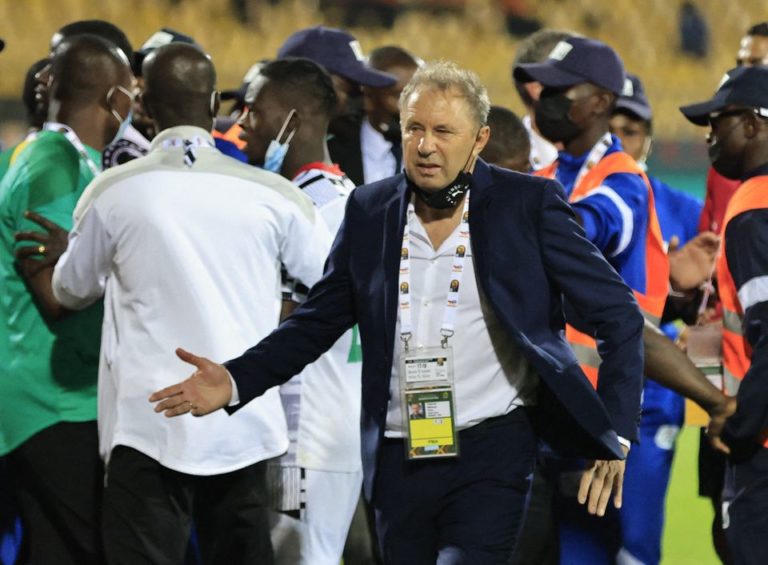
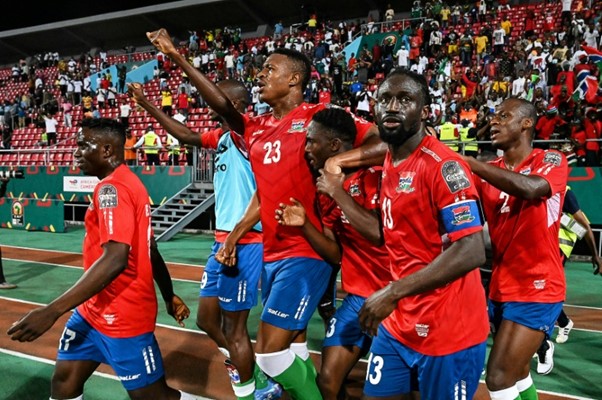
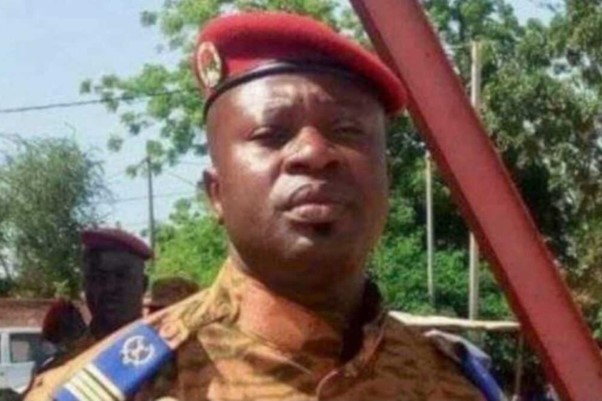

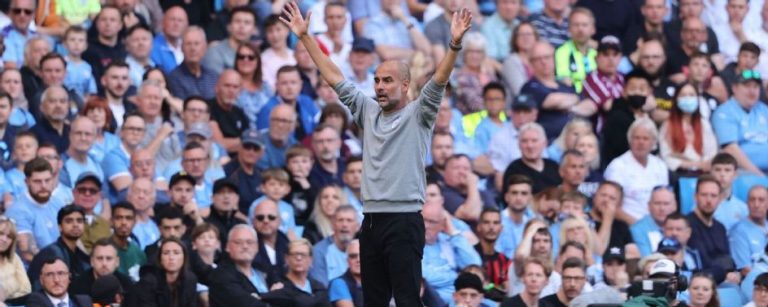
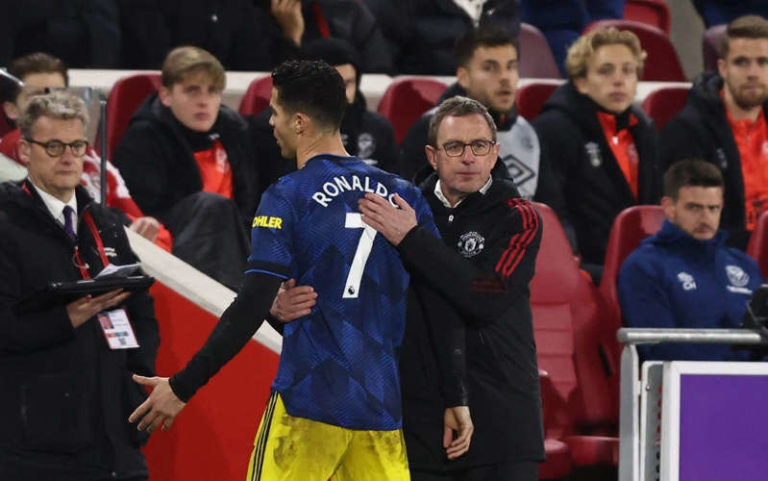
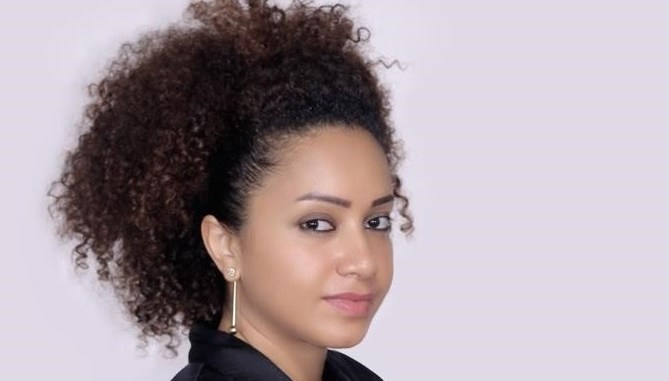

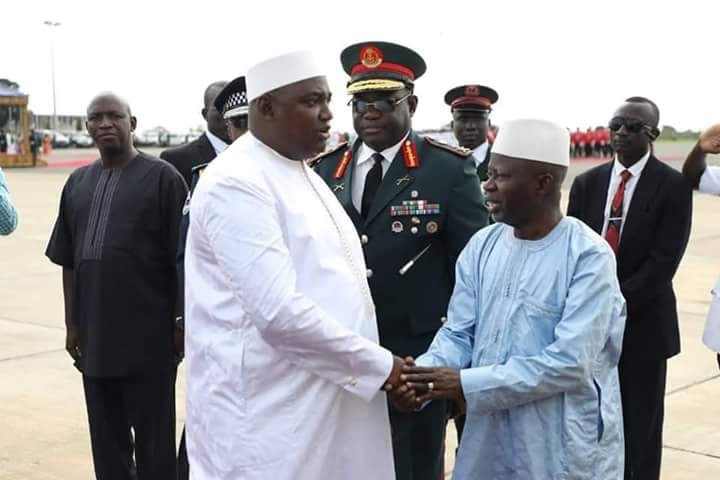
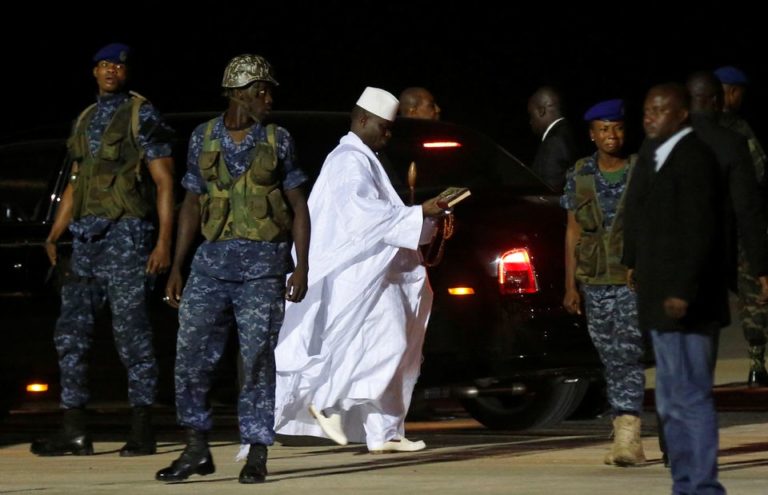
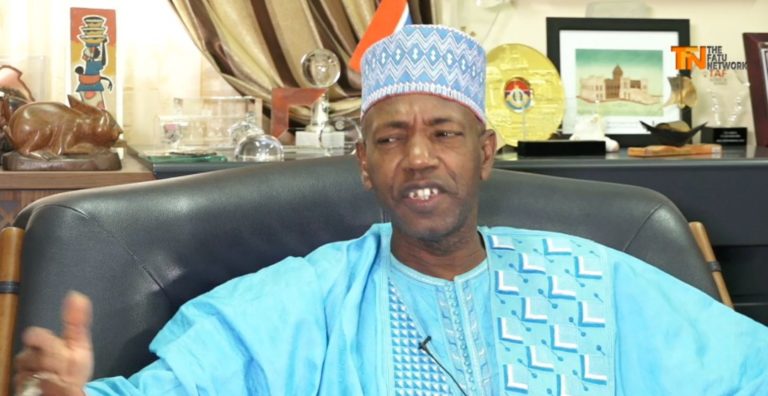
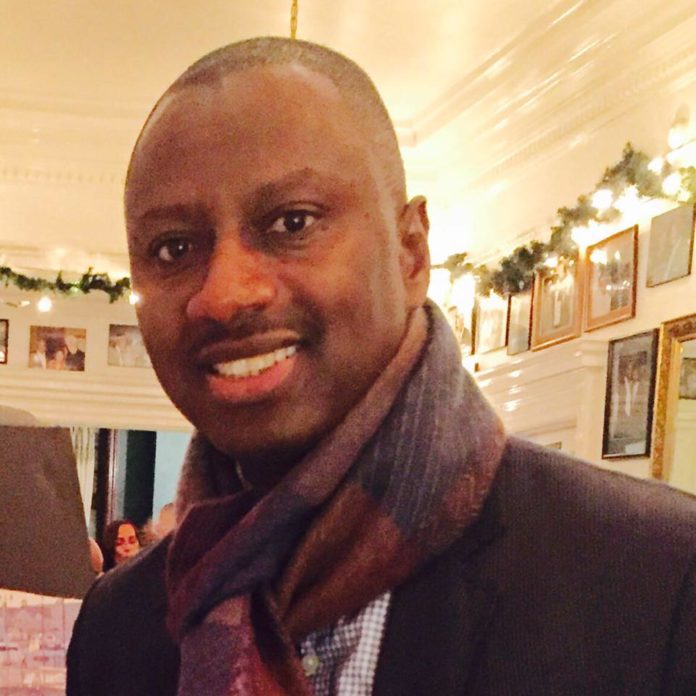


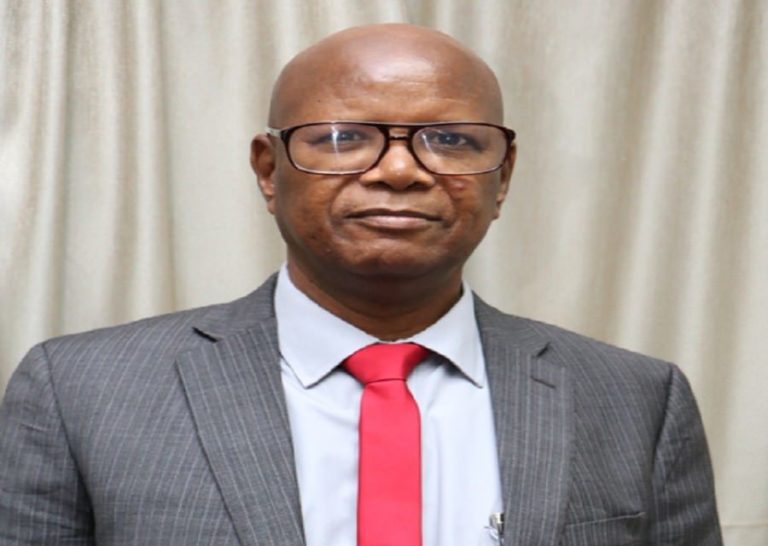
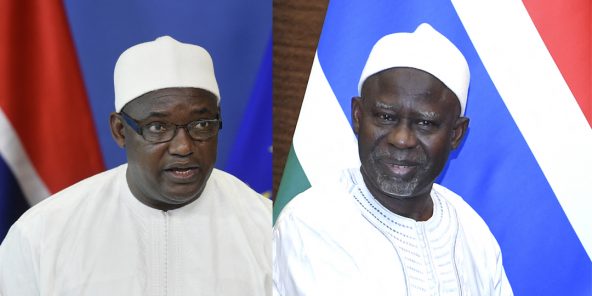
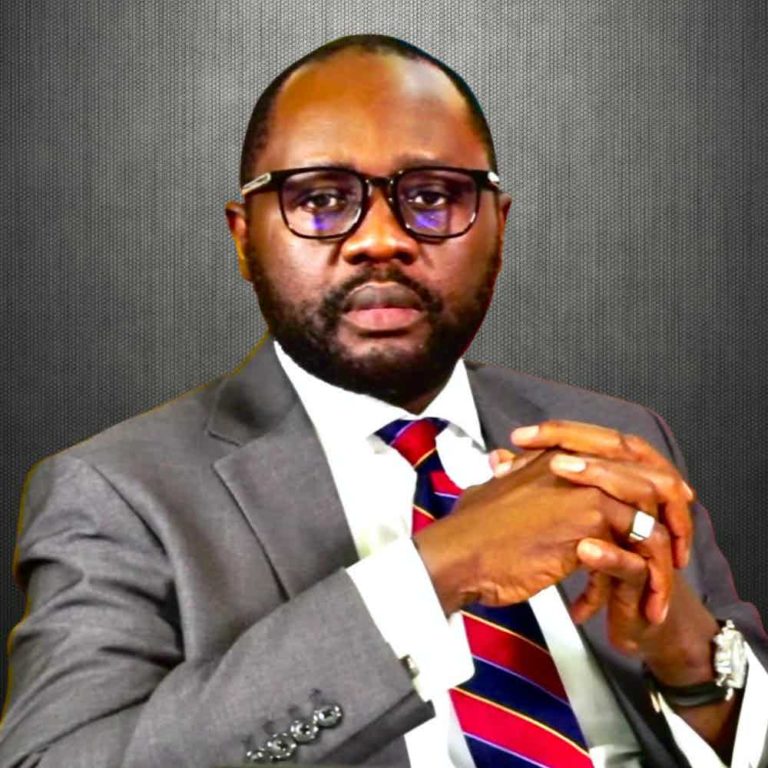
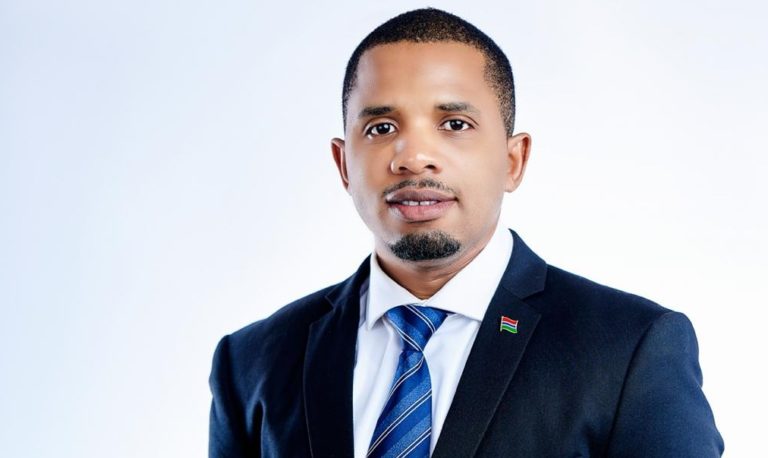
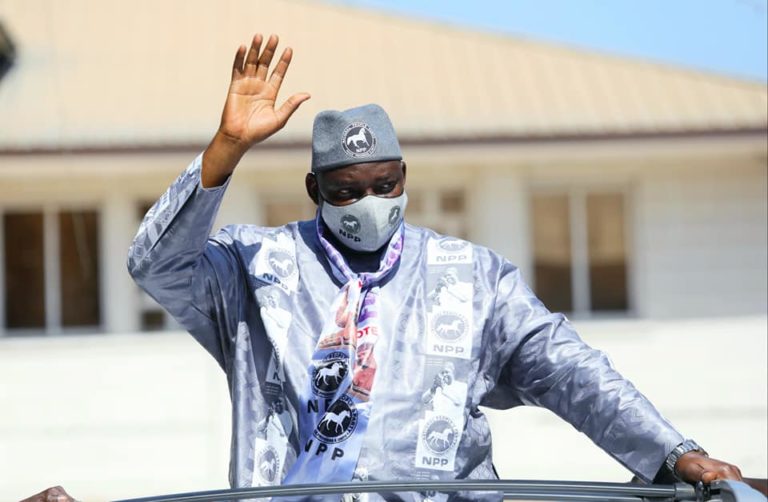
Democracy in Peril, Civil Liberties Under Attack: Sub-Saharan Africa Shows No Significant Improvement on 2021 Corruption Perception Index
By: Christian Conteh
According to Afrobarometer’s latest surveys, a majority of people across the region think corruption is on the rise, while simultaneously expressing dissatisfaction with the way democracy works.
This is not surprising, persistent corruption has gone hand-in-hand with unconstitutional changes of power in various parts of the continent.
On a continent where corruption persists, natural resources and its attendant benefits impede access to public services for millions of people rather than facilitate them, the result is decades of stagnation laid bare by the 2021 Corruption Perceptions Index (CPI). This cannot be more devastating.
With an average score of 33 out of 100, Sub-Saharan Africa shows no significant improvement on the 2021 CPI. The gains made by a handful of countries are overshadowed by backsliding or stagnation in others and the region’s poor performance overall, as 44 out of 49 countries assessed on the index still score below 50.
With the COVID-19 pandemic severely hitting the previously less-affected continent, alongside protracted armed conflicts and rising terrorist threats, 2021 was a turbulent year for Sub-Saharan Africa. These worrying trends exacerbate the serious corruption problems that exist for long before.
To keep corruption out of the public eye, governments across the region have limited information and cracked down on independent voices calling out abuses of power.
Elsewhere, governments imposed disproportionate restrictions on civic freedoms often under the guise of containing the COVID-19 pandemic limiting people’s ability to hold power to account.
On the 2020 Democracy Index Sub-Saharan Africa recorded its worst average score since 2006, primarily owing to a drop in countries’ civil liberties scores.
Repression continued in 2021, as governments used the COVID-19 pandemic and armed conflicts as an excuse to further crackdown on rights.
Mali’s (29) significant decline (from 35 in 2015) on the CPI has occurred concurrently with a drop in its civil liberties score. The country is facing political, institutional and security crises, having experienced three military coups since 2012. The ongoing armed conflict undermines key state functions, leading to a vicious cycle of corruption and human rights abuses
And while Ethiopia (39) registers a significant improvement (from 33) since 2012, its decline in civil liberties threatens to reverse any previous progress. The government has used the ongoing armed conflict in the Tigray region as a pretext to silence independent voices.
In 2021, authorities shut down a popular independent media outlet and arrested dozens of journalists for their coverage of the civil war.
The 2021 CPI results should serve as a wake-up call to societies across Sub-Saharan Africa. The magnitude of corruption challenges requires responses much bolder than ever before.
Sustainable progress on anti-corruption can only be achieved if societal and institutional checks on power are ensured. Governments must urgently roll back on the disproportionate restrictions on civil liberties and stop using the COVID-19 pandemic or ongoing conflicts as an excuse for stifling dissent.
And when allegations of abuse emerge, anti-corruption agencies and justice institutions must provide accountability no matter how high-level the culprit.